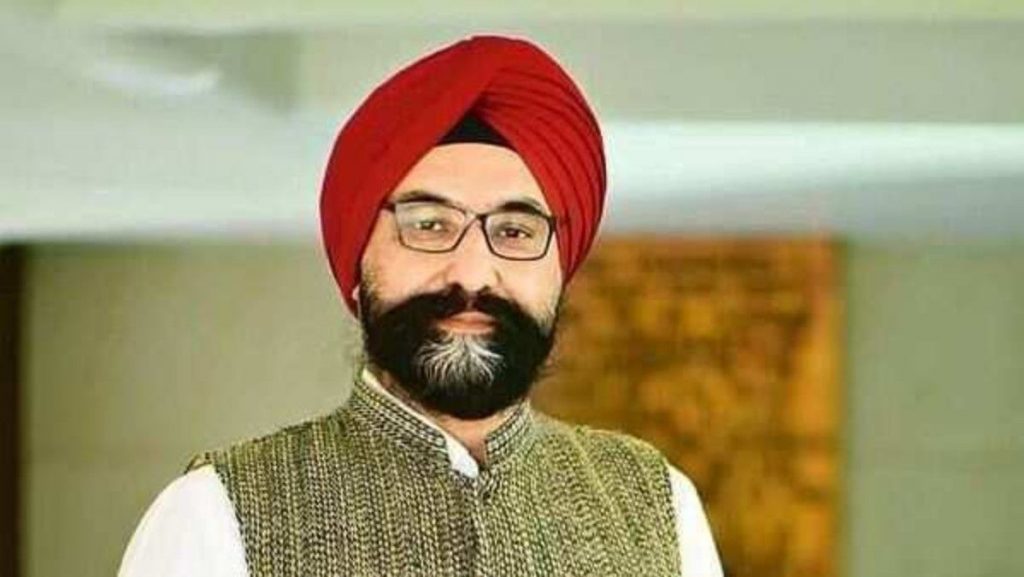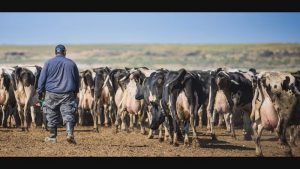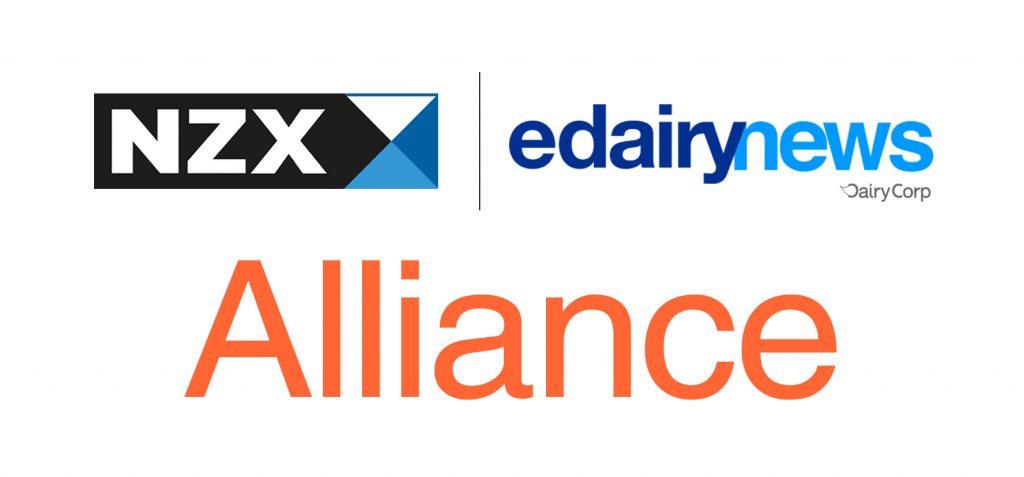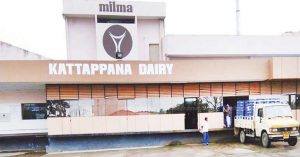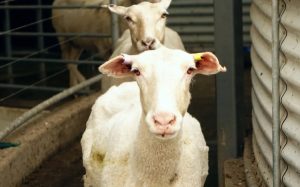(GCMMF), which today is jointly owned by 3.6 million milk producers, and the apex body of 13 district milk unions. The company spurred India’s White Revolution, which made India the world’s largest producer of milk and milk products. Dr R S Sodhi, managing director, Gujarat Cooperative Milk Marketing Federation, Ltd., Amul, discusses the company’s new plant, expansion plans pan-India, Covid-19, and more, in a telephonic interview with Manjushree Naik. Excerpts:
Amul inaugurated Asia’s biggest fully automated plant recently. How will it help the company in meeting demand?
Amul keeps expanding its production and processing facilities, as our milk production is increasing every year at the rate of 9 to 10 per cent. Amul is investing every year around Rs 800-1,000 crore in new processing facilities pan-India.
This new plant which has been inaugurated by the Home Minister and Co-operative Minister is a 100 metric tonne power drive facility which is located at Asia’s biggest dairy plant. It is handling more than 53 lakh litre of milk, per day. It also converts the milk into various value-added products like butter, flavoured milk, ice cream and ghee. Due to this plant, we are able to accept more milk from the farmers, specially, during winter.
The company has launched some 50 products, some even during the lockdown. How has been the response?
We have been launching new products every month, 2-2 ½ products or variants every month. During Covid-19, our stress was more on launching new products of various types, especially, for immunity boosting. We have also launched a lot of products for bakery and sweets. We have received tremendous response. We expect in another two years, our company will have 10 per cent turnover contributed by new products.
What new products are on the anvil?
We do have a lot of new products but according to the changing trends, the consumer is shying away from buying loose mithai as sweets.So our main aim is to launch more mithai or sweets all over India at various locations. We are planning on launching various sweets pan-India but the shelf life of sweets is only 45 days, so that means, they have to be produced locally. We are also working on how to enter into the fruit and vegetable segment. We are going to add a lot of new variants in ice creams and flavoured milk.
You have 87 plants with procurement of milk from 13 states. Give details.
We are procuring around 210 lakh litre of milk from Gujarat, and around 40 lakh litre from Rajasthan, Haryana, Punjab, UP, West Bengal, Assam, Madhya Pradesh, Maharashtra and Andhra Pradesh. We are processing around 380 lakh litre per day at our plants, and these plants do manufacture various products but few products which are common among these are fresh pasteurised milk, butter milk and dahi. Further, butter is manufactured at 9 plants, ice cream at 11-12 plants, cheese at 2 plants, tetra pack milk at 4 places.
How has been the distribution across India? Which are your strong markets?
We keep on expanding distribution network, at the moment we have around 75 warehousing hubs pan-India, equipped with facilities to store frozen, chilled and ambient products. We have around 10,000 distributors, and 1 million outlets, for our various products. Now we are expanding our distribution in the towns which have 5,000 to 10,000 population by having our distributors there. We believe in developing distribution through traditional and general trade, though, e-commerce and modern trade also brings in good business. All markets are strong. If you look at the North, butter and milk is strong. In the East, milk powder and milk, in Central Gujarat, it is butter, cheese, and ghee. In the South, we have ice cream and beverages. We are slightly weak in the South, which is why we are planning on improvements, as we do not have fresh milk there.
How do you plan to improve your reach?
We have to start more milk procurement from outside the states where we want to increase the company’s reach, the way we are increasing our reach in North-East, Bihar, Jharkhand and Andhra Pradesh. Also by establishing more distribution hubs. Vijaywada we have opened distribution hub. And appointing more distributors in semi-rural areas with 5,000-10,000 population..
You plan to increase turnover from Rs 53,000 crore to Rs 1 lakh crore by 2024. What are your plans for the same?
In 2021, our turnover was Rs 53,000 crore. In another 4 to 5 years we want to increase our turnover. It happens because of volume increase and price increase. We expect that our volume increase will be around 10 to 12 per cent, and the price increase will be around 4 per cent every year. So 15 to 16 per cent growth will give us this turnover.
There are hardly any food recalls in India. What has been your experience?
We never had a recall in any of our products or batches, the reason being, we are extremely stringent in quality checks at all the stages and at every level of production. This begins right at the milk procurement level at the villages, in the transport trucks, while it is being packed, and when it is batched. Besides that, we also take samples from the market, so that we don’t land up in such a situation.
The FSSR 2011 is a comprehensive law but gets updated often. What do you feel about the same?
It is true, I think with the time and technology that is available to make both consumer-friendly and bring transparency, FSSAI laws are updated, especially, the labeling requirements. It is beneficial for the farmers as well as the consumers, which is a good thing. Only thing is, we want that sufficient time should be given, so that we have sufficient time to change over because whatever inventory of labels is there, we have to use it. But I think, mutually it is happening. When we present to the FSSAI, they do modify the time duration.

